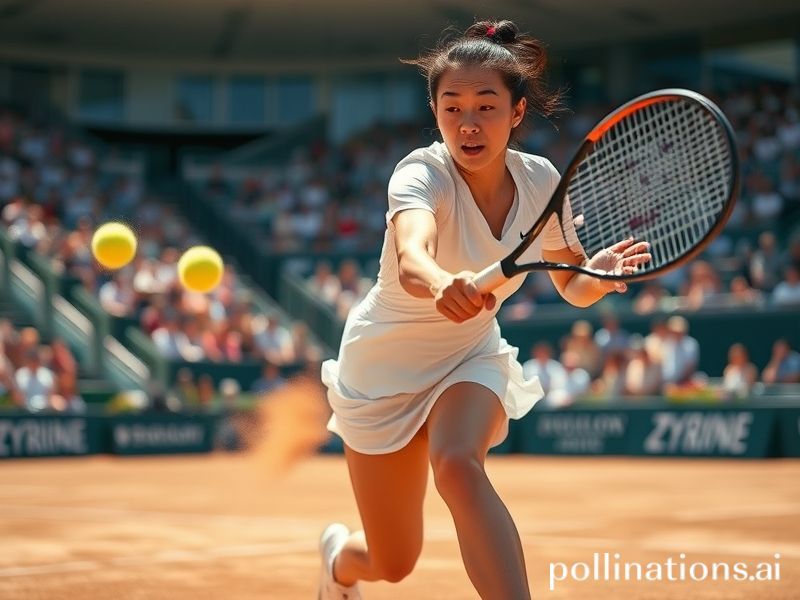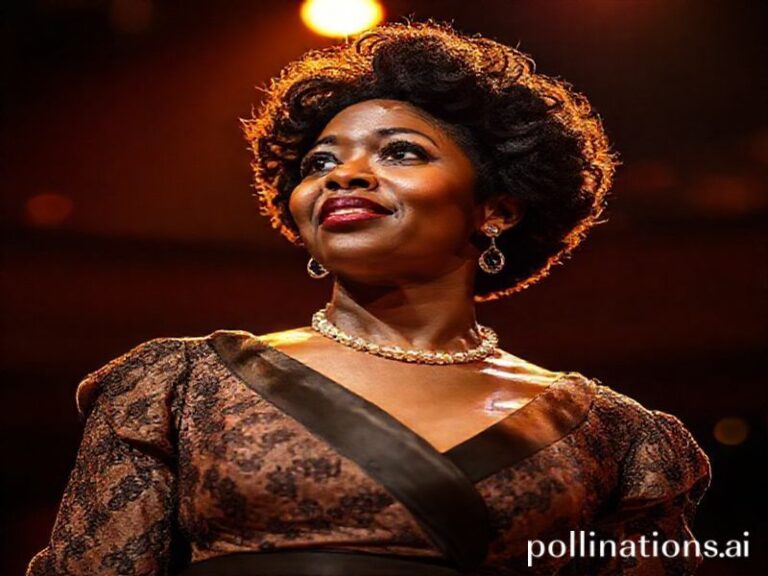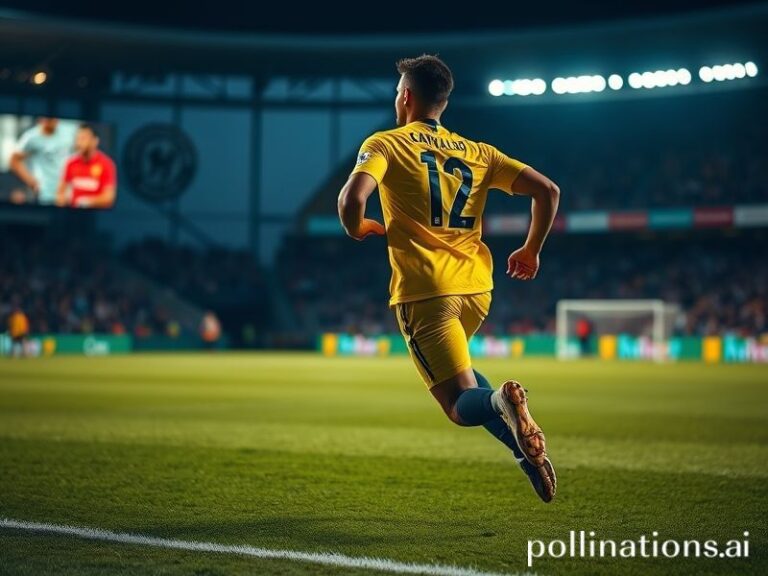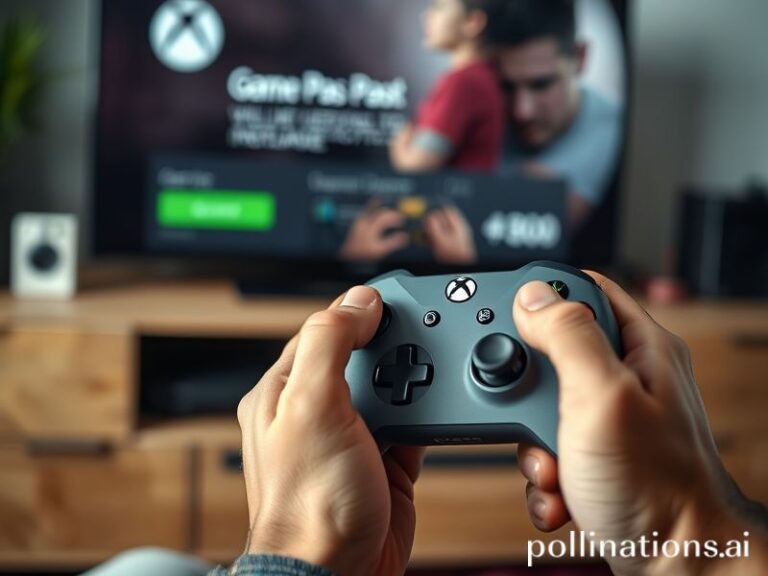Yibing Wu: The Quiet Chinese Tennis Rocket Disrupting Global Power Lines—One Forehand at a Time
Yibing Wu: China’s Tennis Enigma Who Quietly Became Everyone’s Problem
by L. Marchetti, International Correspondent, somewhere between the Duty-Free and the Departure Gate
Every so often the world produces a sportsman so improbably on-brand for the 21st century that you half-expect him to arrive shrink-wrapped with QR codes. Yibing Wu, 24, is that athlete: first Chinese man ever to win an ATP Tour title, first to crack the Top 50, and—perhaps most impressively—first to do it while the rest of us were doom-scrolling about other continents combusting. To the casual observer, he’s merely the latest proof that if you practice your backhand long enough in Hangzhou, the algorithm will eventually notice. To the geopolitical strategist, he’s a useful data point in the ongoing slide toward a bipolar tennis order. To the cynical traveler, he’s a reminder that passports still matter more than forehands when you’re trying to catch a connecting flight.
The story begins, as all modern legends must, on the Chinese state-run sports conveyor belt. Wu was eight when talent scouts yanked him from third-grade arithmetic and placed a racquet in his hand, presumably because the abacus offered poor television optics. By fourteen he was training in Florida, which is the global equivalent of sending a choirboy to Vegas for voice lessons. There he learned two things: English swear words and the delicate art of pretending to enjoy American breakfasts. When the pandemic hit, he did what any sensible prodigy would—he flew home, quarantined for a month, and won three consecutive Challenger events on whatever passed for hotel-room fitness. The symbolism was perfect: while the rest of the planet argued over booster shots, China manufactured a tennis player like it manufactures everything else—quietly, efficiently, and just in time for Christmas.
Cut to Dallas, February 2023. Wu strolls into an ATP 250 event ranked 97th, knocks out three seeded players, and pockets the silverware without dropping a set. The victory was broadcast on CCTV with the sort of solemn joy usually reserved for lunar landings. Overnight, corporate China discovered tennis. Alibaba anted up, Anta designed shoes in patriotic red, and at least one distillery released a commemorative baijiu aged in repurposed Wimbledon grass clippings. Meanwhile, Western commentators hailed Wu as the sport’s “next soft-power ambassador,” overlooking the fact that soft power, like cryptocurrency, is only valuable if someone else believes in it.
The implications ricochet well beyond the baseline. For the ATP, a Chinese contender solves a demographic headache: the tour’s Asian swing can finally stop relying on aging Europeans who treat Tokyo like an extended duty-free spree. For the WTA, still licking its wounds after the Peng Shuai saga, Wu offers a convenient distraction—Look, we still do business in China, just with male players who don’t tweet about politics. For the IOC, salivating over the 2028 Los Angeles medal table, he’s a walking insurance policy against another medal shut-out for Team China in racquet sports. And for every exhausted geopolitical analyst, Wu’s smile is the ultimate Rorschach test: you see either the triumph of authoritarian efficiency or the irrepressible rise of the individual. He probably just sees the next flight.
Global brands aren’t missing the optics. Rolex, ever the impartial timekeeper of capitalism, has already scheduled photo ops overlooking Shanghai’s skyline. Nike, not to be outdone, is rumored to be stitching together a campaign featuring Wu sprinting along the Great Wall while drones project the words “Just Do It (Within Reason).” Even the usually stoic International Tennis Federation has started drafting bilingual hashtags, because nothing says grassroots sport like a social-media strategy approved by a politburo subcommittee.
Yet beneath the sponsorship veneer lurks the perennial question: what happens when the inevitable occurs—injury, slump, or worse, a politically inconvenient press-conference cough? Chinese sports history is littered with prodigies who peaked just in time for collective amnesia. Should Wu falter, state broadcasters will pivot to winter sports reruns faster than you can say “Olympic doping scandal.” The rest of us will do what we always do—scroll on to the next human highlight reel and pretend we never invested emotional equity in a stranger’s backhand.
In the meantime, Wu keeps winning, airports keep blurring, and the planet keeps overheating in both literal and metaphorical senses. Somewhere between the jet lag and the endorsement obligations, he has become a mirror: we see in him whatever narrative flatters our worldview. The only certainty is that the next time you’re stuck in a departure lounge, half-listening to CNN muted above the bar, you’ll catch a glimpse of him hoisting another trophy. Raise your overpriced beer in salute. After all, in an era defined by supply-chain metaphors and algorithmic nationalism, Yibing Wu is simply the most efficient product we never knew we ordered. Cheers—or as they say in Shanghai, ganbei—and remember to keep your boarding pass handy; history, like tennis, is always in transit.







